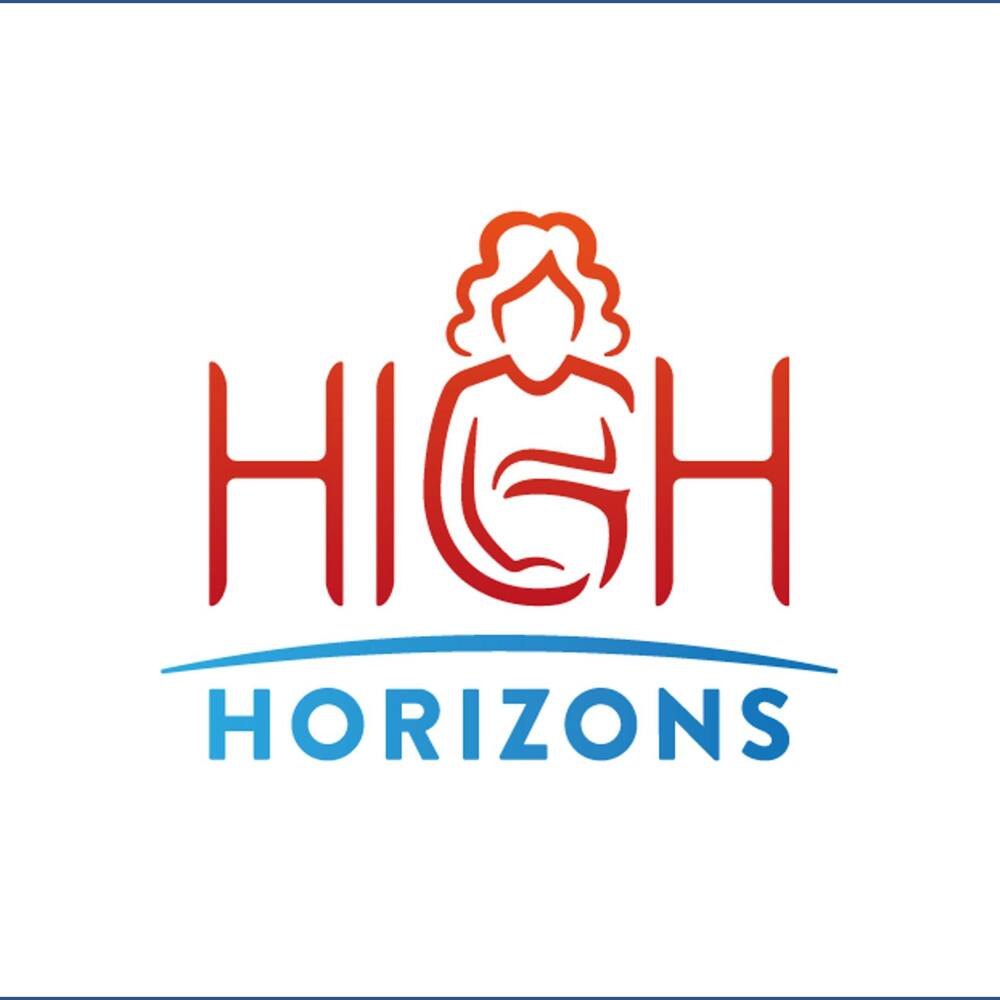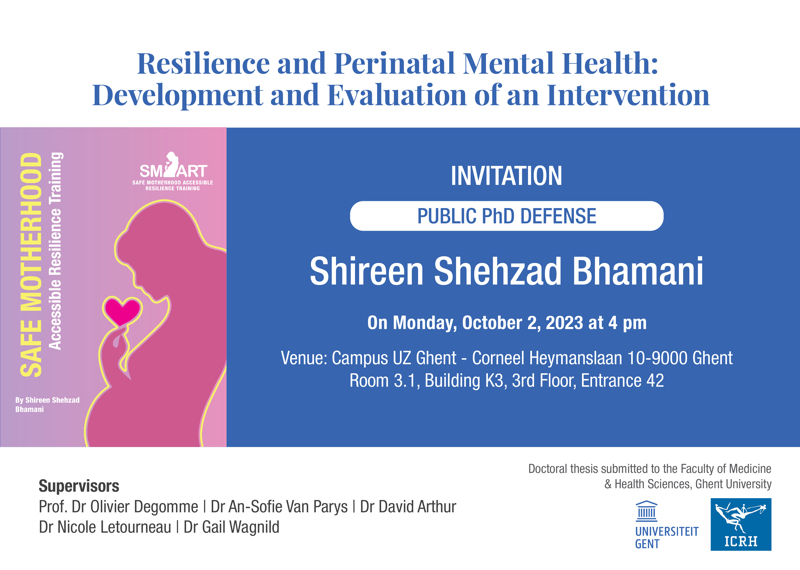High Horizons: The impact of heat on maternal, newborn and child health

Press release: Thousands of newborn babies and expectant mothers could be saved from dying needlessly from exposure to heat, researchers say, as they launch a new four-year project focusing on sub-Saharan Africa.
HIGH Horizons – Heat Indicators for Global Health – is a newly-launched four-year project with 10 international partners. It is funded under the European Union Horizon Research and Innovation programme and targets research and action to address the impact of extreme heat on key vulnerable groups : Pregnant and postpartum women, newborns and children and health workers. The regions of focus are Europe and sub-Saharan Africa.
Previous research has demonstrated that exposure during pregnancy to extreme heat significantly raises the risk of stillbirth and the likelihood of having a preterm birth. It is well known that exposure to heat stress is significantly increasing across the earth with global heating, posing an ever-increasing risk. HIGH Horizons partners will not only work to understand the challenges of our changing climate and risks for health but also to identify solutions such as an Early Warning System for pregnant women and health workers, options to reduce carbon emissions in health facilities and adaptation strategies to reduce heat in health facilities. Priority indicators will be identified to support countries to monitor the impact of heat on populations. The project efforts will contribute to designing effective climate policies. Adaption of such policies by countries will depend on several factors including careful monitoring of heat-related impact, assessing the costs of inaction, and considering the costs and benefits of actions to protect the most vulnerable groups.
"
This work is of the upmost importance especially for the sub-Saharan Africa region. This is a continent which contributes the least to climate change, but is likely to continue suffering disproportionately. In this sector climate change may undo the hard-fought gains made by maternal and child health programs in Africa in recent decades.
Prof. Stanley Luchters, Scientific Coordinator, University of Ghent and CeSHHAR, Zimbabwe.
"
Climate & health research must have local stakeholder and community engagement to develop relevant and acceptable ‘tools for action’. HIGH Horizons focuses on co-creation of local solutions for protecting the health of mothers, newborns and children. The aim is to develop indicators, early warning systems and new technologies for mitigation and adaptation to climate change related extreme heat events for communities and health facilities.
Prof. Debra Jackson, Deputy Scientific Coordinator London School of Hygiene and Tropical Medicine.
For more information about the HIGH Horizons project
Website | Twitter | Instagram | Facebook | Linkedin



